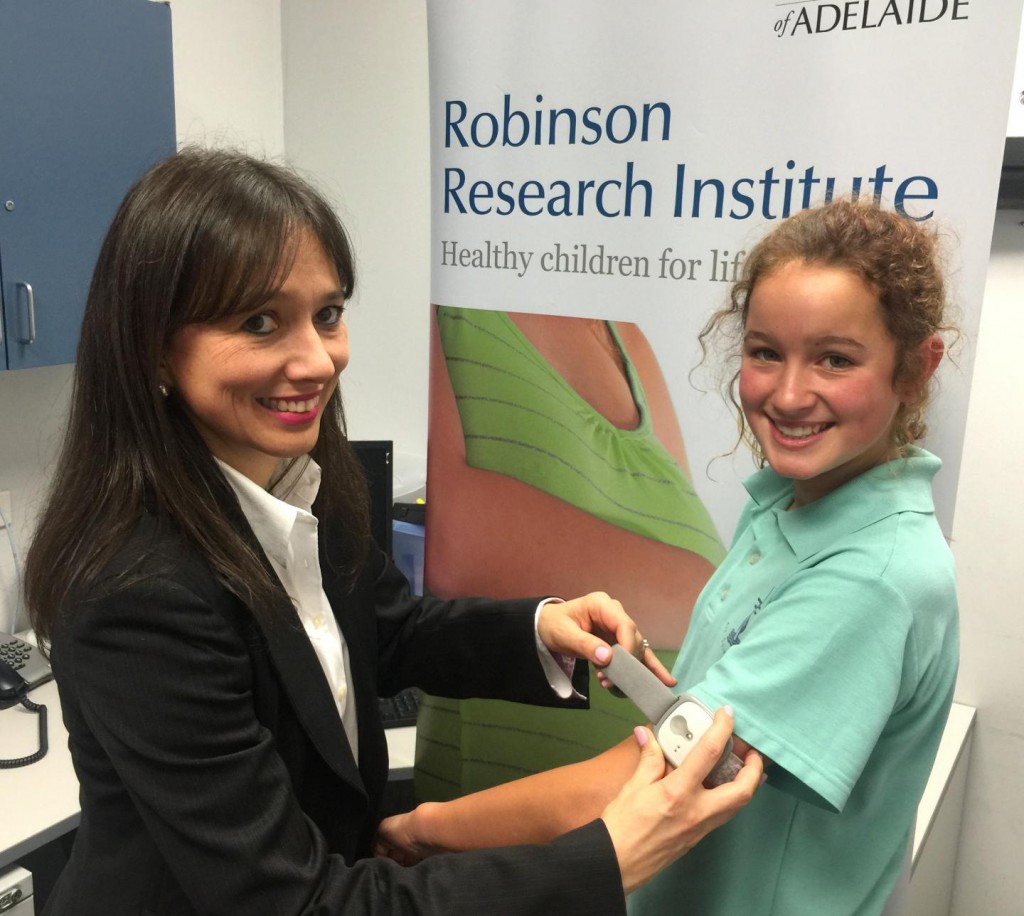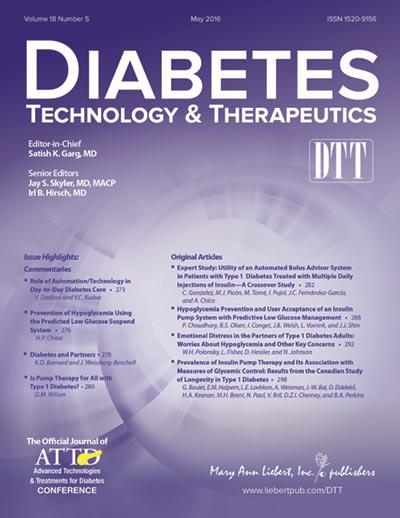November 2008 - University of South Carolina public health researchers have examined the SEARCH for Diabetes in Youth Study to characterize its participants. The findings could help other scientists understand how to recruit children and teens into future studies.
The results, published in the November issue of Contemporary Clinical Trials, found that children up to age 14 were more likely to participate in SEARCH than youths 15 - 19. White and Hispanic youths had the highest participation rates. African-American youths had the lowest participation rates.
Dr. Angela Liese, an associate professor at the university�s Arnold School of Public Health, said SEARCH participants are helping researchers understand the prevalence and incidence of diabetes in the United States and what factors lead to complications.
"Since it began in 2000, SEARCH for Diabetes in Youth has identified more than 14,842 children and youth with diabetes � 10,685 of whom have completed a survey," said Liese, director of the university�s Center for Research in Nutrition and Health Disparities. "Nearly 6,200 have visited one of our clinics to share more in-depth information about their diabetes."
SEARCH, which will continue through 2010, is a national study of children from birth to age 20 who have been diagnosed with diabetes. It is the largest study to date on diabetes among American youth, she said.
Continue Reading Below ↓↓↓
"The young people and their families who are part of the SEARCH experience are instrumental in helping healthcare professionals and researchers understand the daunting task ahead of us in treating diabetes and also in its prevention," she said.
The researchers examined data from 2001 - 04 to determine demographic and clinical information on the SEARCH participants. Studies involving children and teens are challenging because both the parent or guardian and the young person must agree to participate, Liese said.
"This study tells us that we have to be particularly thoughtful in how we recruit teens, young adults and African-American youth into studies," Liese said. "If we don�t pay special attention to these groups, they may not participate, and that could affect the validity of the study."
The researchers did not study the factors affecting SEARCH participation.
"On the role that age plays, we know anecdotally that teens have busy schedules academically and socially, and managing their diabetes is enough for them to deal with in many instances," she said.
The study has implications for future studies involving youth with other diseases.
"It is important that we understand the individual factors that affect a person�s decision to participate in a study, or, in the case of children, why the family may not have been able to participate," she said. "Then, we can plan and improve recruitment strategies to ensure that the study has a good representation across all ethnic and socioeconomic groups."
SEARCH is being conducted at sites in Ohio, Washington, South Carolina, Colorado, Hawaii and California. It is funded by the Centers for Disease Control and Prevention and supported by the National Institute of Diabetes and Digestive and Kidney Diseases of the National Institutes of Health.
Source: University of South Carolina









